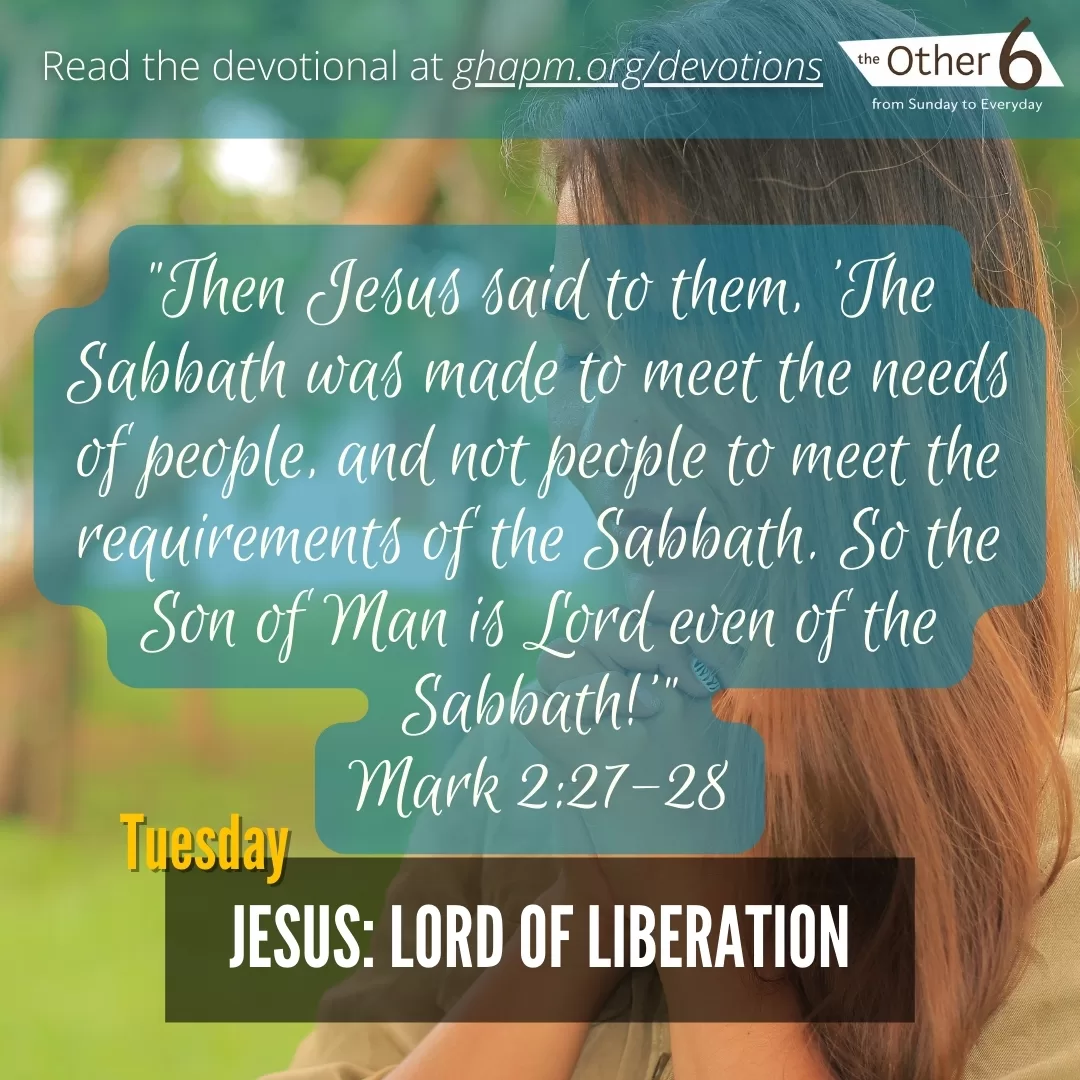In a Nutshell:
The sermon highlighted how Jesus challenged the legalistic interpretations of the Sabbath, emphasizing that human need takes precedence over rigid rules, and declaring Himself as the ultimate authority over the Sabbath.
Anchor Verse:
Mark 2:27-28 (NLT) “Then Jesus said to them, ‘The Sabbath was made to meet the needs of people, and not people to meet the requirements of the Sabbath. So the Son of Man is Lord even of the Sabbath!’”
Unpacking the Word:
The scene in the grain fields is pivotal. The Pharisees, guardians of religious law, saw a violation: the disciples “harvesting” on the Sabbath. Their focus was entirely on the letter of the law, magnified by hundreds of man-made regulations that had turned God’s gift into a complex burden. They had, as the sermon explained, gotten it completely backward.
Jesus’ response cuts through the legalism. He first uses Scripture itself (the example of David eating the consecrated bread) to show that mercy and human need can override ceremonial law. David and his men were hungry; their need was paramount. This wasn’t an excuse for lawlessness, but a reorientation towards God’s priorities: compassion over mere compliance.
Then comes the revolutionary statement: “The Sabbath was made to meet the needs of people, and not people to meet the requirements of the Sabbath.” Jesus recenters the entire concept. The Sabbath isn’t a demanding master we must serve; it’s a loving provision designed for us – for our rest, our restoration, our connection with God. The rules had become the focus, obscuring the very purpose of the gift.
Crucially, Jesus follows this by declaring, “So the Son of Man is Lord even of the Sabbath!” This is an astonishing claim of divinity and authority. He is essentially saying, “I created it. I understand its purpose. I define its proper observance.” He isn’t abolishing the Sabbath; He is restoring it to its intended, life-giving function. He is freeing it (and us) from the chains of legalism.
This means our understanding of rest and worship shouldn’t be dictated by rigid, man-made traditions or cultural expectations, but by Jesus Himself. He invites us into a Sabbath experience defined by His grace, focused on meeting our deepest needs for connection with God and others, rather than performance or rule-keeping. He is the Lord who liberates, not burdens.
Pause and Reflect:
- In what areas of your spiritual life do you feel bound by “rules” (perhaps self-imposed) rather than liberated by God’s grace?
- How does knowing Jesus is “Lord of the Sabbath” change how you approach rest and worship? Does it feel more freeing or more challenging?
- Can you recall a time when focusing on a religious rule or tradition caused you to miss an opportunity for compassion or meeting a human need?
Faith in Action:
- Identify one “rule” related to your Sunday practice (e.g., “I must do X,” or “I must not do Y”) that feels burdensome rather than life-giving. Ask God if this is truly His requirement or a man-made addition.
- Today, consciously look for one opportunity to prioritize showing compassion or meeting someone’s need, even if it slightly disrupts your planned schedule.
A Moment With God:
Thank Jesus for being the Lord of the Sabbath, the one who frees us from legalism. Ask Him to reveal any areas where you have turned His gifts into burdens and to help you embrace the liberating rest He offers.



Leave a Reply